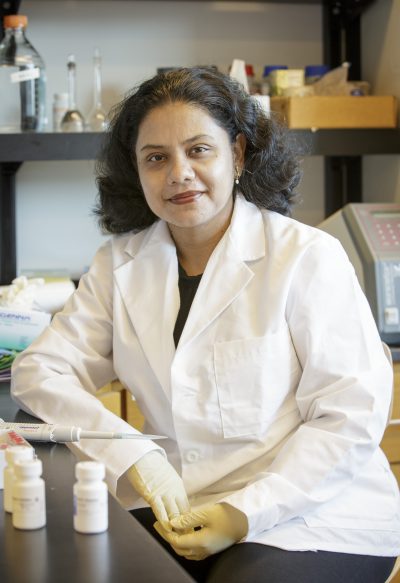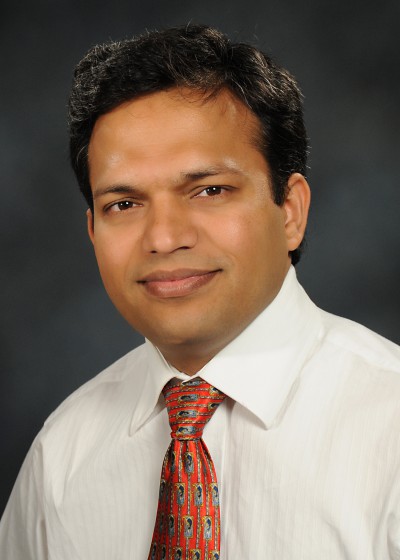
Navindra Seeram, PhD
2019 Berry Special Topics, Food Technology and Chemistry Session Chair
Navindra P. Seeram, Ph.D., is a Professor in the Department of Biomedical and Pharmaceutical Sciences, College of Pharmacy, University of Rhode Island, USA. Prior to this, he was the Assistant Director of the UCLA Center for Human Nutrition in the Department of Medicine, University of California at Los Angeles (UCLA), and an Adjunct Assistant Professor in the UCLA David Geffen School of Medicine.
His research group, the Bioactive Botanical Research Laboratory, investigates medicinal plants and their derived natural products for preventive and therapeutic effects against chronic human diseases. Dr. Seeram has co-authored over 165 original peer-reviewed research articles, 10 review-type articles, 17 book chapters, and 6 international patents. He has co-edited 3 books and is the founding editor of the Clinical Pharmacognosy book series published by CRC Press/Taylor and Francis. He serves on the advisory board of the American Botanical Council and on the editorial advisory boards of the Journal of Agricultural and Food Chemistry, the Journal of Berry Research, and the International Journal of Applied Research in Natural Products.
He was the recipient of the 2009 Young Scientist Award from the Division of Agricultural and Food Chemistry of the American Chemical Society and the 2017 Chair of that Division. He is among the most highly cited scientists in Agricultural Sciences by Thomson Reuters in 2014-2018 (based on Web of Science indexed citations from 2002-2018) and is regularly quoted in the media and popular press about medicinal plant foods. Dr. Seeram did his doctoral and postdoctoral studies at the University of the West Indies (in Jamaica) and at Michigan State University (MI, USA), respectively.
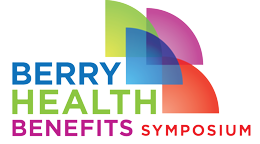

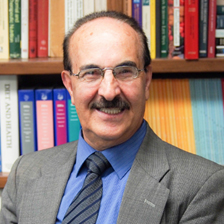
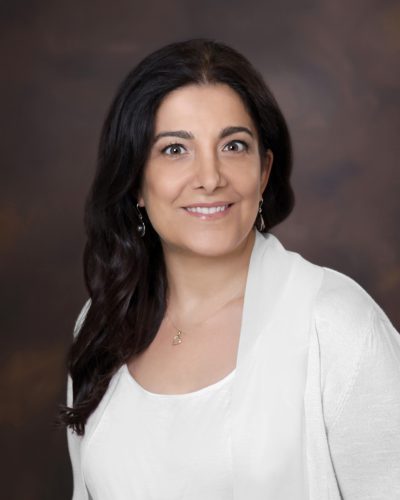

 2017 Presentation Title – The Berry Flavonoid Fisetin is Protective in Multiple Animal Models of Age-Associated Neurological Disorder
2017 Presentation Title – The Berry Flavonoid Fisetin is Protective in Multiple Animal Models of Age-Associated Neurological Disorder 
 2019 Presentation Title – Are We Ready for Precision Cancer Prevention Using Black Raspberries?
2019 Presentation Title – Are We Ready for Precision Cancer Prevention Using Black Raspberries?